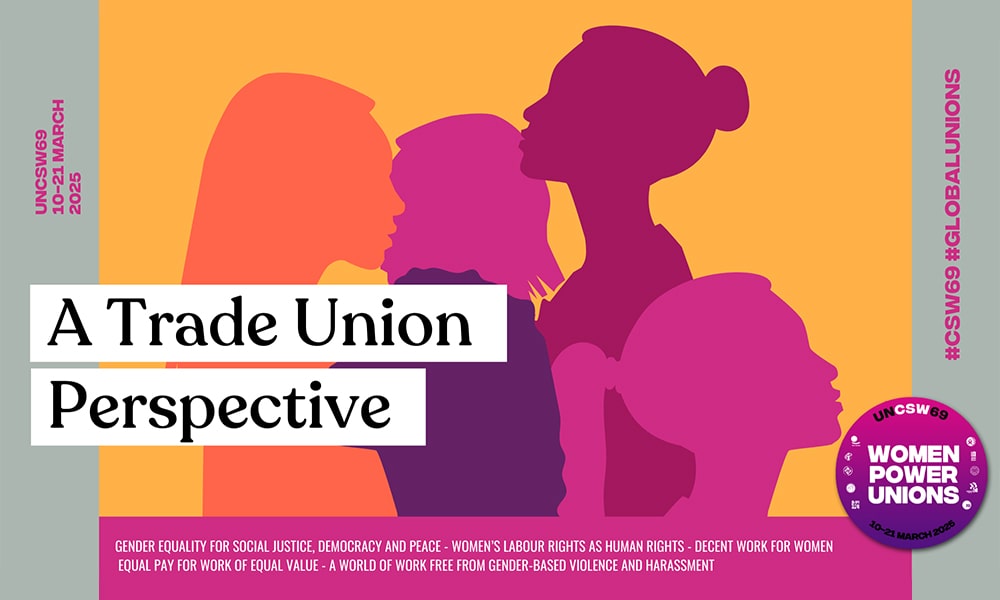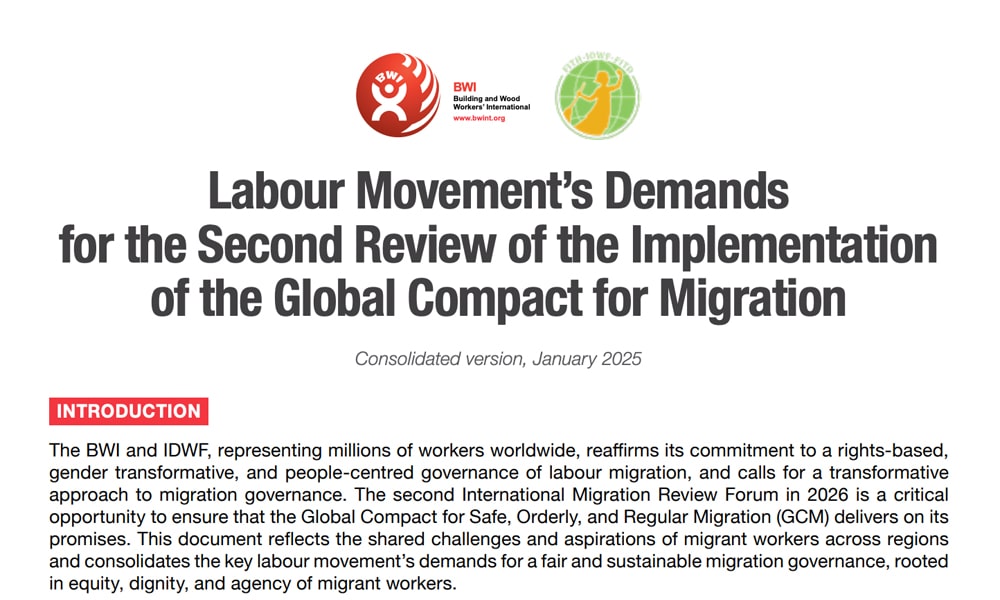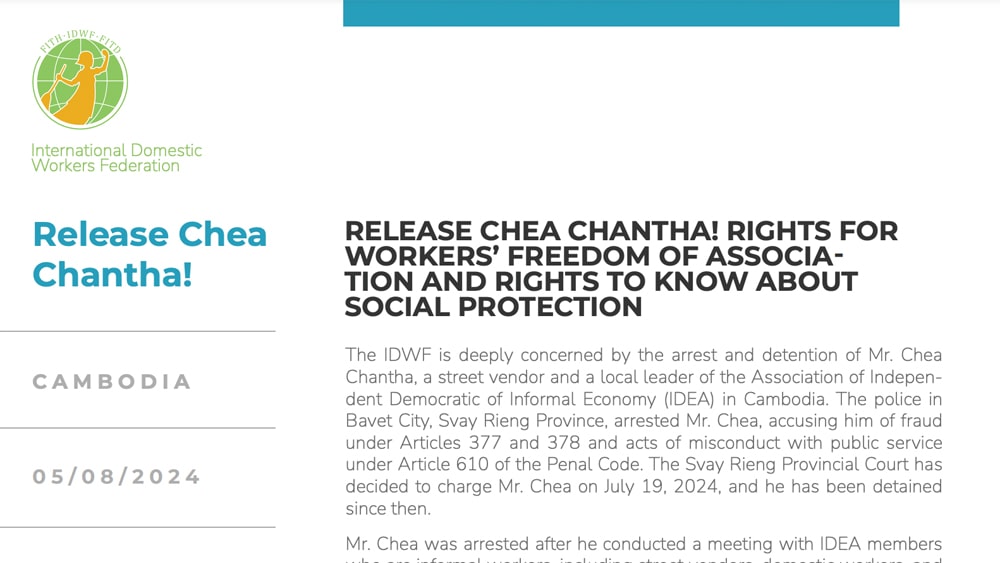IDWF Stands in Solidarity with Migrant Domestic Workers in South Korea
As Migrant Domestic Workers in South Korea struggle for recognition and access to social protection, an additional hurdle has been added to their path: a discriminatory bill which would exclude them from the minimum wage was proposed by lawmaker Cho Jung-hun, as a practical solution to meet the care needs of a growing population. Enacting the proposal would revise Korea’s Act on Employment Improvement of Domestic Workers and as a result, further disenfranchise migrant domestic workers. This proposal exposes how meeting care needs of a population seldom refers to investing in decent work conditions for domestic workers who are central to care; worst, it relies on the continuous exploitation of those already most vulnerable: the migrant ones.
The proposal will also exacerbate existing inequalities: the local labor market is dominated by nationals amounting to preventing certain nationalities from working in jobs such as domestic work – albeit being a largely informal sector. For example, foreign workers from the 16 countries subject to the employment permit system are not allowed to work as domestic workers. With population growth, it is yet again the migrants that are designated to endure the weight of governmental failures to provide care services. With declining birth rates in South Korea, foreign countries are proposed as supply factories for low-waged labor, and migrant domestic workers are treated like commodities in this equation.
The International Domestic Workers Federation (IDWF) condemns this bill proposal and categorically refuses the premise of legalizing exploitation based on national origin and migration status. Worsening an already bad situation in Asia, where domestic workers are not recognized as workers and therefore are widely unprotected by minimum wage laws even where those laws exist, the bill proposes more unlawful practices: to discriminate against migrants when it comes to minimum wage. This is not only antithetical to the government’s obligation to comply with the the International Convention on the Elimination of All Forms of Racial Discrimination (CERD) and the Convention on the Elimination of All Forms of Discrimination against Women (CEDAW), among other international standards.
The so-called solution to the growing care-needs of the population is also logically flawed. The lawmaker listed similar practices in Asian countries as exemplary solutions. For example, the Hong Kong Minimum Wage Ordinance (Cap. 608), which was adopted in 2010 and implemented in 2011, excludes live-in domestic workers from its provision, thereby discriminating against migrants, as they are de-facto live-in workers.
In Singapore, an example that South Korea intends to follow, migrant domestic workers report multiple abuses against the equality of treatment enshrined in international human rights instruments and labor standards. We call the attention of the South Korean government to the fact that these two examples are not to follow, but to avoid. Applying different minimum wage standards to workers is unlawful, unethical, and unacceptable.
Instead of displacing the weight of the changing demography on the individual shoulders of migrants, the government must ensure its compliance to international labor standards it ratified on migrants and women’s rights, as well as develop laws and regulation in line with relevant international labor standards including the Domestic Workers Convention 189.
The IDWF urges the South Korean parliament to reject this discriminatory proposal and instead promote policies that uphold the rights and dignity of all workers, regardless of their immigration status or national origin. We stand united with Migrant Domestic Workers in the country in our joint commitment to fighting against all forms of discrimination, exploitation, and injustice faced by them.
#CareForThoseWhoCareForYou







